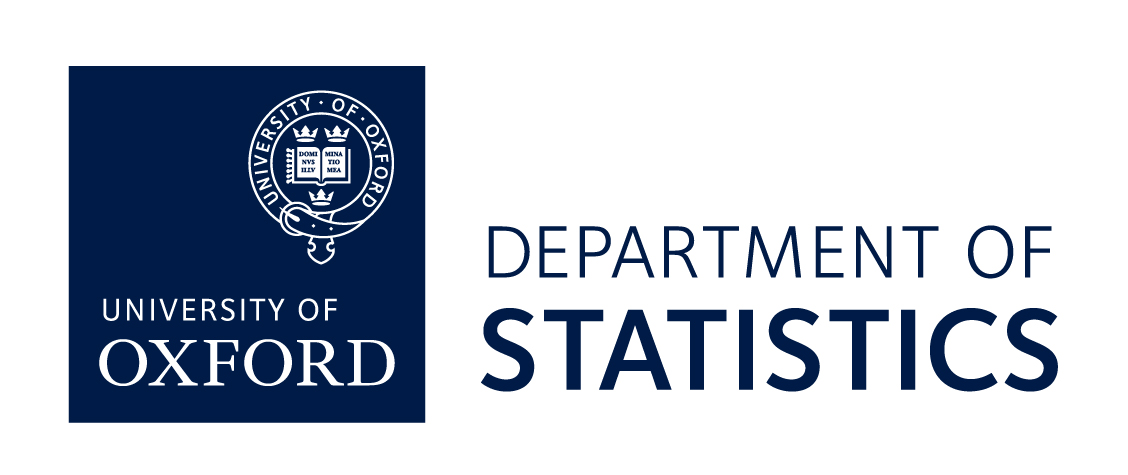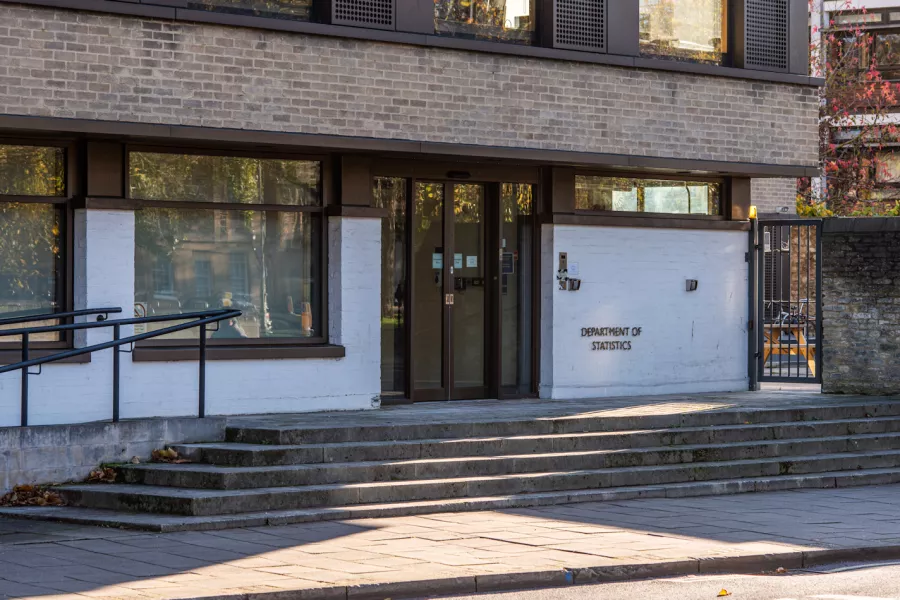While the Department of Statistics is only decades old, it is within an ancient university and built upon the work of many based in units and institutes that bore other names. The Department is part of an institution that educated colonialists over hundreds of years and benefits from resources extracted from colonized communities and lands.
Colonial domination subjected the will of communities to that of another for the political and economic advantage of the colonists. This social and political subjugation was often accompanied by the most serious crimes, including murder, enslavement and exploitation. The rights and capacities of the colonized to self-determine were forcefully overridden.
We, as individuals and as a department community, want to make very clear that we believe all people, and all peoples, should be treated with dignity and respect. We value diversity in its many forms because everyone should be welcome and valued. Furthermore, inclusion improves our community and our ability to understand, to quantify, and to address the world’s diverse problems.
In its development through the 19th and early 20th centuries, aspects of the field of statistics were used to provide intellectual justification for the subjugation, exploitation, and even extermination of non-European peoples, and of disfavoured ethnic groups within societies dominated by Europeans and their descendants. While we cannot change the past, we are determined to remain mindful of colonialism’s enduring legacies. One of these, that we are determined to counter, is the legacy of differential opportunities. Looking forward, we want to help create a more just future.
With faculty members and students originating from many different countries, the department of Statistics values and promotes diversity. We have for example underwritten contributions to allow postgraduates from South Africa, Pakistan and Ghana to study in the department. We are also making efforts to improve access to learning for underrepresented and disadvantaged groups. Since 2019, we have offered funded research internships for UK residents from underrepresented and disadvantaged backgrounds through the UNIQ+ programme. Also, our department, the Mathematical Institute, and the Department of Computer Science have advertised four fully-funded scholarships for UK Black and Mixed-Black students on taught postgraduate courses, funded by Jane Street.
We aim for our research, as well as our teaching, to benefit society. We strive to think deeply about how our research impacts equality both within our department, our country and more widely. Researchers in the department address sensitive areas such as genomics and the increasingly ubiquitous autonomous machine learning algorithms, which can reproduce unrecognised societal biases. We have been increasing our offerings of talks, for students and researchers, on topics in statistical and machine-learning ethics, including lectures on quantifying and reducing racial and other bias in machine learning algorithms, the links between racism and the development of statistical theory, and a talk on principles for socially responsible applied statistics.
Statistics can serve to benefit society, but, when manipulated politically or otherwise, may be used as instruments by the powerful to maintain the status quo or even for the purposes of oppression.
Prof Denise Lievesley
We are committed to maintaining an active discussion, involving staff, students, and the wider research community, about the ethical aspects of our work and about the field of statistics more broadly.
Reference: Making a Difference: A Role for the Responsible International Statistician? (wiley.com)



